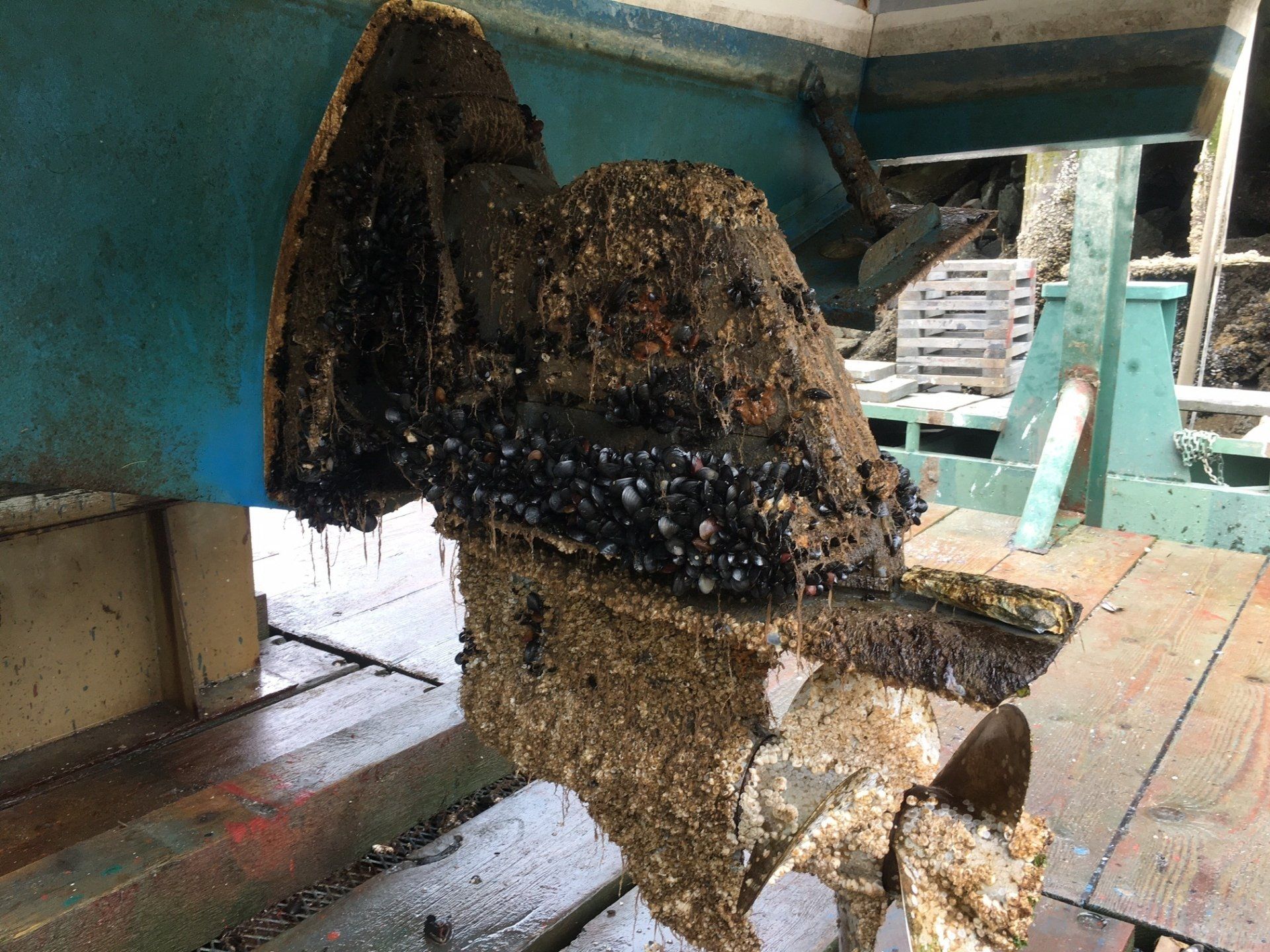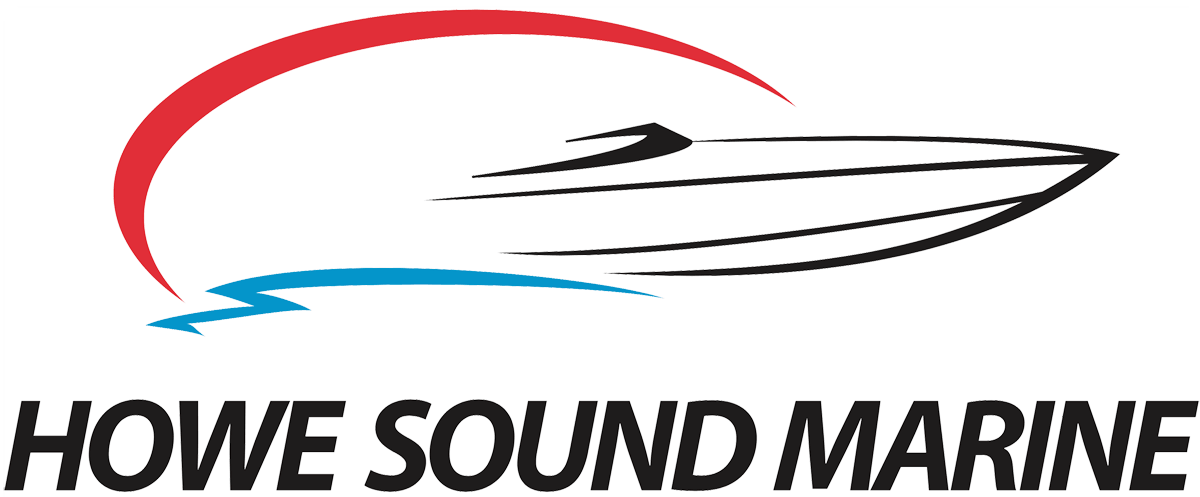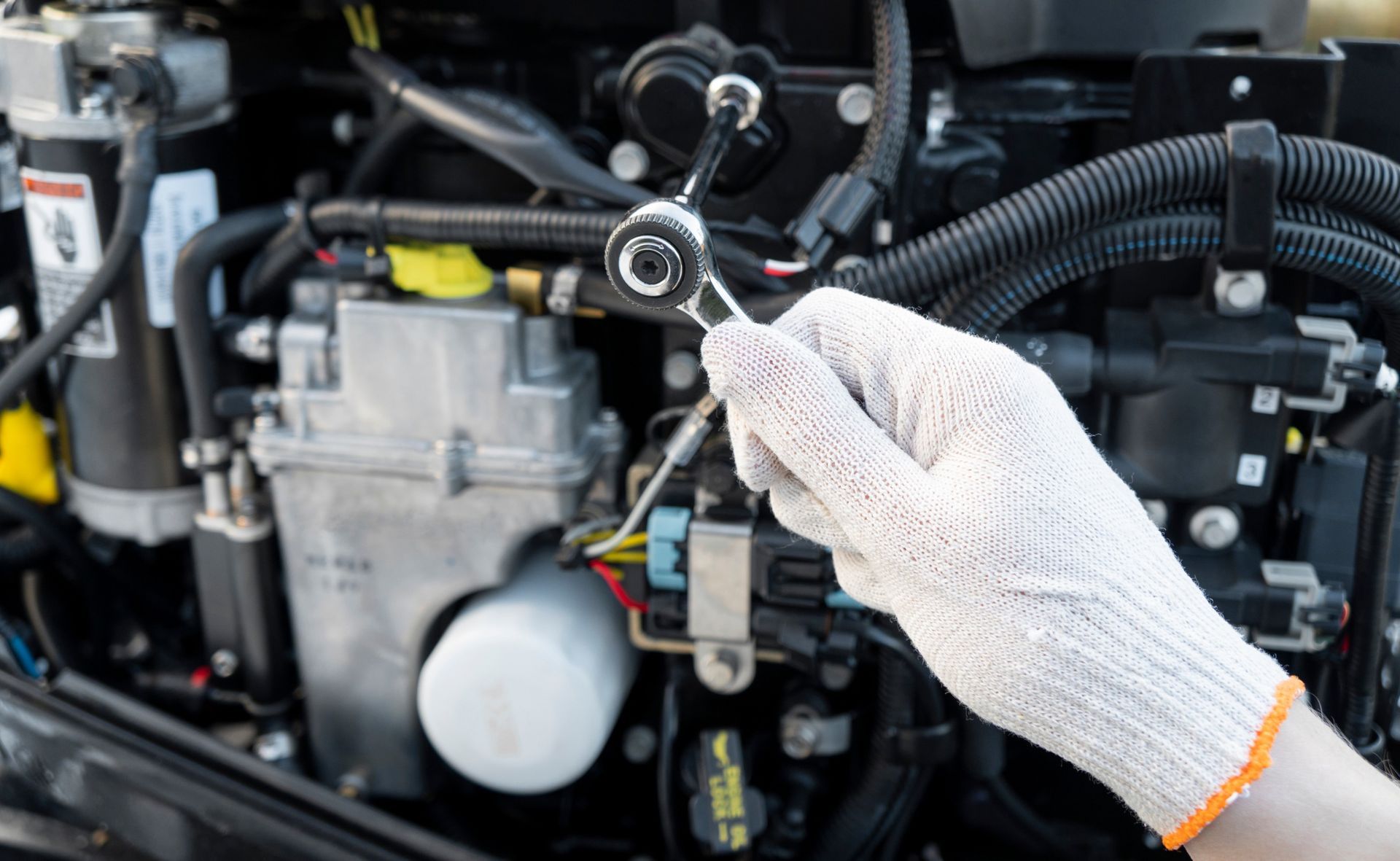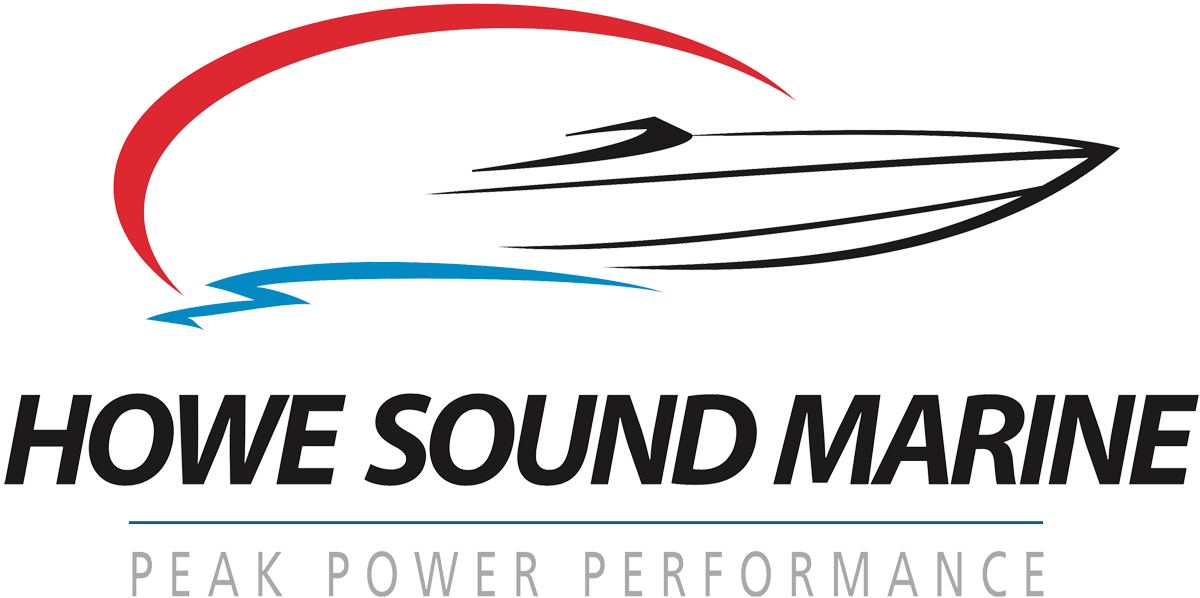Oil Basics
Oil Terminology
Synthetic Oil
A lubricant consisting of chemical compounds which are artificially made (synthesized) using chemically modified petroleum components rather than whole crude oil. Synthetic oil is used as a substitute for lubricant refined from petroleum when operating in extremes of temperature, because it generally provides superior mechanical and chemical properties than those found in traditional mineral oils.
Semi-Synthetic or Synthetic Blend
Blends of mineral oil with no more than 30% synthetic oil. Designed to have many of the benefits of synthetic oil without matching the cost of pure synthetic oil. Lubricants which have synthetic base stocks even lower 30%, high performance additive packs consisting of esters can also be considered as synthetic lubricants.
Oil Filter
Rubbing of metal engine parts inevitably produces some microscopic metallic particles from the wearing of the surfaces. Such particles could circulate in the oil and grind against moving parts, causing wear. Because particles accumulate in the oil, it is typically circulated through an oil filter to remove harmful particles. An oil filter is used to remove impurities and undesired components from the oil that flows through an internal-combustion engine. The oil is necessary to lubricate the engine, and as such, it has to be free from particles that could slow it down by enhancing forces of friction, and greatly reducing effectiveness and efficiency of the engine. An oil filter gets rid of these particles, enabling the oil to continue lubricating the engine.
JASO MA
Since 1998, the Japanese Automotive Standards Organization (JASO) has measured the quality of four-stroke motorcycle engine oil. Oils that are JASO MA certified resist clutch slippage, do not leave ashy deposits, meet anti-corrosion and wear standards and have the highest certified rating of motorcycle engine oil used with wet, multi-plate clutches. Look for the JASO MA logo on Yamalube for those oils that meet or exceed this very important performance standard.
SAE (Society of Automotive Engineers)
The common worldwide standard for selecting oil viscosity is a classification system established by the SAE (Society of Automotive Engineers). Viscosity is a fluid's resistance to flow?and as the numbers increase, so does the viscosity. Oil weight, or viscosity, refers to how thick or thin the oil is. The temperature requirements set for oil by the SAE is 0 degrees F (low) and 210 degrees F (high).
Oil Ratings
Oil is rated for viscosity by heating it to a specified temperature, and then allowing it to flow out of a specifically sized hole. Its viscosity rating is determined by the length of time it takes to flow out of the hole. If it flows quickly, it gets a low rating. If it flows slowly, it gets a high rating. Oils meeting the SAE's low temperature requirements have a W (designating their winter or cold-start viscosity, at lower temperature) after the viscosity rating (example: 10W), and oils that meet the high ratings have no letter (example SAE 30). The second number after the dash describes how the oil will perform when the engine reaches operating temperature. The viscosity of oil is adjusted according to the quality of base oil and by blending it with additives. Because Motorsport engines are driven in harsh conditions under heavy load and high revolutions, the viscosity drastically deteriorates if it is not fortified with the proper type and amount of additives.
API (American Petroleum Institute)
API, is the main U.S trade association for the oil and natural gas industry, representing about 400 corporations involved in production, refinement, distribution, and many other aspects of the petroleum industry. The association's chief functions on behalf of the industry include advocacy and negotiation with governmental, legal, and regulatory agencies; research into economic, toxicological, and environmental effects; establishment and certification of industry standards; and education outreach. API both funds and conducts research related to many aspects of the petroleum industry.
Ester
The highest grades of lubricants are known as esters. These lubricants are fully synthetic and provide fast start-up and unequalled lubricity which bonds with metal engine components to create a shield against wear.
National Marine Manufacturers Association (NMMA)
In order for an oil to be approved by the NMMA to hold its highest rating for marine engine oils, FC-W (Four Cycle ?Water-cooled), it must pass a multitude of tests conducted by the NMMA. Passenger car oils cannot pass these tests, which is why it is important to use NMMA certified Yamalube
FC-WTC-W3® 2-Stroke Oil Certification
These approved lubricants reduce the mixture ratio to fuel while extending the life of the engine, and significantly reduces emissions which meet EPA (Environmental Protection Agency) requirements.
FC-W® 4-Stroke Oil Certification
These certified lubricants provide the necessary performance and quality needed in today's high performance four-stroke engines which are specifically designed for the unique marine environment.
Moly (Molybdenum Disulfide)
Also known as MoS2, moly is a natural occurring mineral which is made into a black lustrous powder, melting at 1185°C, insoluble in water, soluble in aqua regia and concentrated sulfuric acid; used as a dry lubricant and an additive for greases and oils. Also known as molybdenum sulphide; molybdic and sulfide. It possesses the properties of being able to withstand extremely high load capacities (400,000 psi). It is chemically stable, has a very low coefficient of friction (0.05 to 0.09 in powder form) and has thermo-stability over 2,000°F. All of these properties are essential to reduce metal to metal contact and thereby reduce friction, heat, and wear.
Give us a call us today for more information at
(604) 921-7124. We’d be happy to talk with you.

Contact Us
Questions on our Services or Products? Get in Touch
USEFUL LINKS
SEARCH
SUBSCRIBE FOR UPDATES
You need a helping hand with your project?
We will get back to you as soon as possible
Please try again later
USEFUL LINKS
SEARCH
SUBSCRIBE FOR UPDATES
You need a helping hand with your project?
We will get back to you as soon as possible
Please try again later
All Rights Reserved | Howe Sound Marine
Privacy Policy
All Rights Reserved | Howe Sound Marine | Privacy Policy


